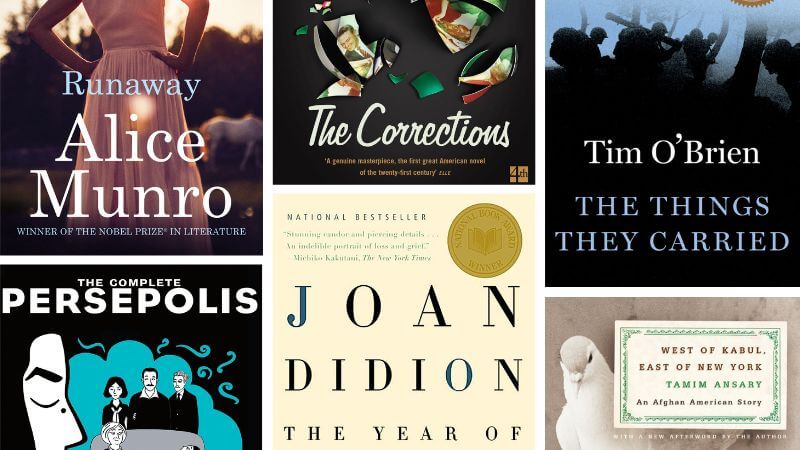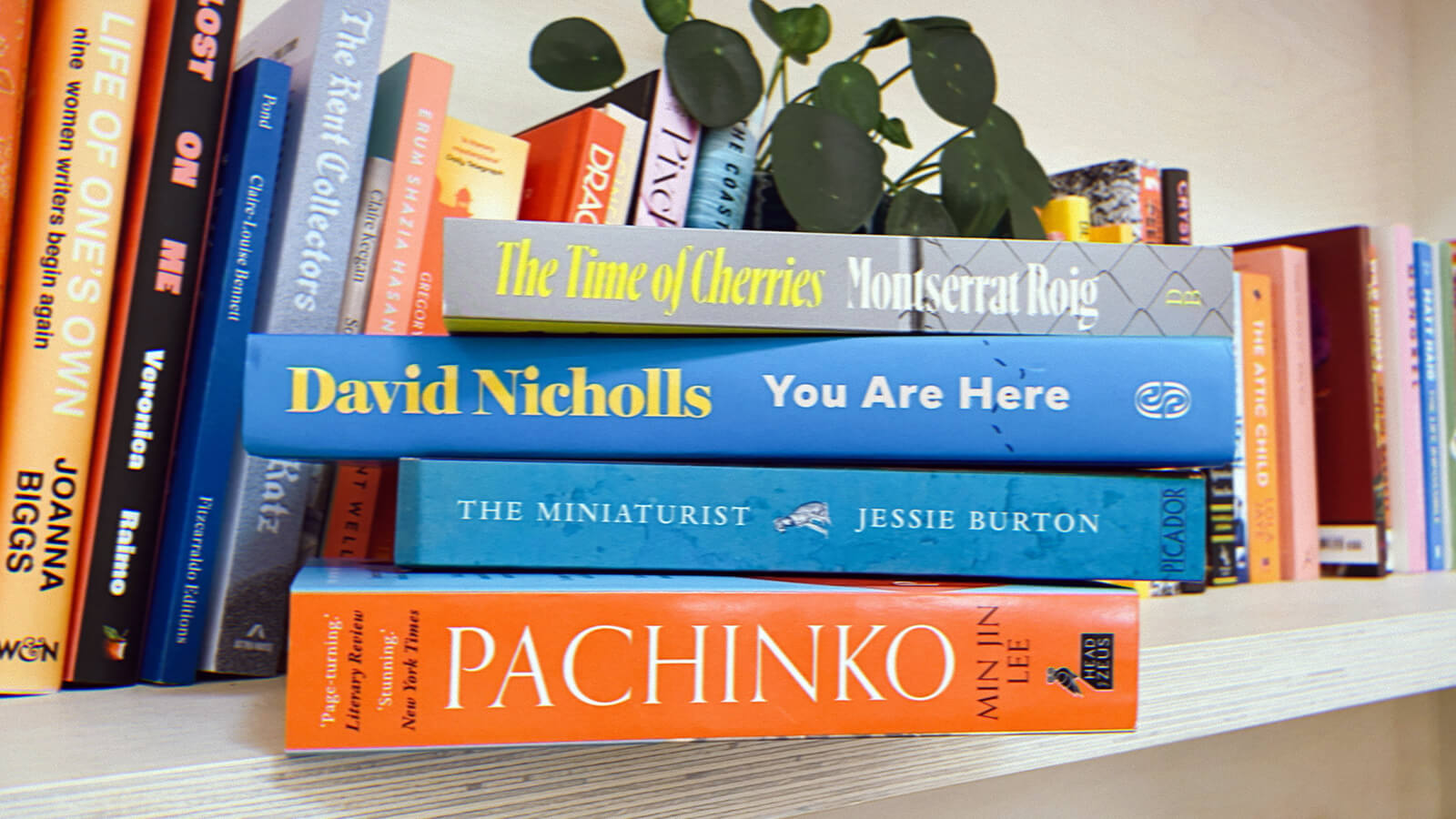Author Isabella Hammad: “Writing About Palestine Is A Very Emotional Thing”
Just nine days before the events of 7 October, the British-Palestinian author Isabella Hammad delivered the Edward W. Said Lecture at Columbia University in New York City. Entitled Recognising The Stranger: On Palestine And Narrative, it was a powerful and thoughtful treatise on the fusing of her primary discipline – fiction – with political consciousness; the ways in which fiction can shine a light on the limits of our perception, and above all the necessity for action to follow ‘recognition’ for such an acknowledgment to have any ethical valence at all.
It is published in its entirety this month and includes an afterward focused on the devastating escalation of violence in Gaza since that day, and the censorship of speech against the Israeli destruction of Palestinian life. “If it was nine days later, Columbia probably wouldn’t have let me give that speech,” she says, matter-of-factly.
Hammad is calm and a little tired in person. But her razor-sharp intellect never wavers, and she chooses her words carefully. When acknowledging the brutal prescience of her lecture, she says: “It just goes to show that this isn’t something new. What is happening in Gaza now is just an accelerated genocide.” I wonder how she has found returning to the page since then. “It has been very difficult for me to write,” she admits. “It’s been difficult to think… everybody’s in a constant state of shock and despair and grief. But I have found rhythm in different ways over time.”
Hammad is a consummate storyteller – her prose both straightforward and deliciously complex. Born and raised in London, she studied literature and subsequently creative writing at Oxford, Harvard and New York University. Her father hails from Nablus, a Palestinian city in the West Bank. She is about to move to New York for a fellowship at the New York Public Library.
Her debut novel The Parisian – published to enormous acclaim in 2019 (winning the Betty Trask and Palestine Book Awards among others) – was based in part on the life of her great-grandfather, Midhat Kamal, who was born in Nablus at the end of the 19th century, when Palestine was a part of the Ottoman Empire. It is an excavation of familial memory and a powerful insight into the fascinating, pre-1948, history of her ancestral home. “Writing about Palestine is a very emotional thing,” she says. “You’re dealing with your family’s history, but it’s not just personal memory, it’s historical memory.’
For her second novel, Enter Ghost, published this year, she tackles that relationship with memory head on. Her protagonist, Sonia, is a British-Palestinian woman raised in London, who returns to Haifa to visit family and becomes involved in a theatre group staging a performance of Hamlet in classical Arabic. The novel takes its title from the play’s most famous stage direction (though Hammad had originally wanted its last line: ‘Go bid the soldiers shoot’) and a sense of haunting pervades. Her childhood memories, her father’s political past, her family’s story of the Nakba, all press upon her like Hamlet’s ghost.
A refrain from Sonia’s grandmother: ‘My soul will reawaken if there is a Palestinian state’ speaks to what Hammad sees as the “generational haunting in Palestine”. Though one can almost view hope itself as a kind of haunting, one which can, like Hamlet’s own phantom: spur you into action.
Hammad describes herself as a “writer and political being formed by Palestine”, but she resists the idea that the novel should be reduced to some form of ethical education. “I don’t really see it as a huge moral tool,” she stresses. “I think that’s a way of trying to justify the utility of literature, which is something more ineffable that we can’t really define.”
Above all else, she is a student of words and a passionate propagator of them. She pores over the idea of anagnorisis – the Greek term for a scene or moment of recognition in a literary work, largely in theatre. Now her novel about theatre as a political act is being read in a markedly different climate. Once the Palestinian struggle was almost theoretical to many in the West or Global North. Now, it is a brutal and unavoidable reality shown every day on our phones and news outlets.
Has the world, perhaps, finally had its anagnorisis on Palestine? “The Global South doesn’t need a moment of recognition about the Palestinian cause, but I think many Western governments and institutions continue to operate in a world of denial,” she says. “More individuals there, however, are confronting that.”
Hammad is now writing her next novel – another historical set piece about the origins of ‘Third-Worldism’. It will be eagerly awaited by those who adore her thoughtful narratives and nuanced understanding of the past. “Writing is, for me, a way of engaging with the world,” she says and, as she departs, one is reminded of her own words, written in her afterword from Recognising The Stranger, titled On Gaza: “To remain human at this juncture is to remain in agony. Let us remain there: it is the more honest place from which to speak.”
Marie-Claire Chappet is a London-based arts and culture journalist and contributing editor at Harper’s Bazaar




